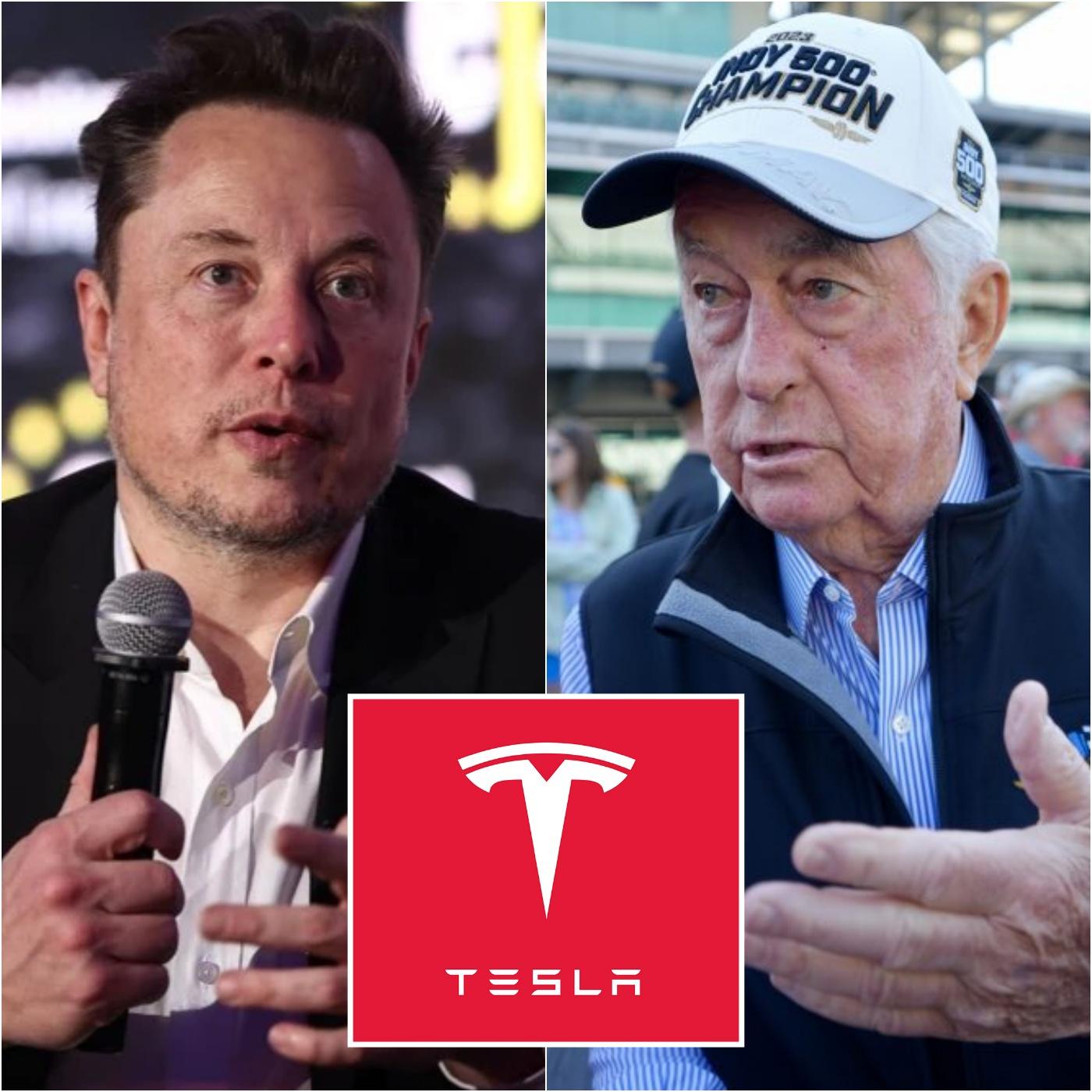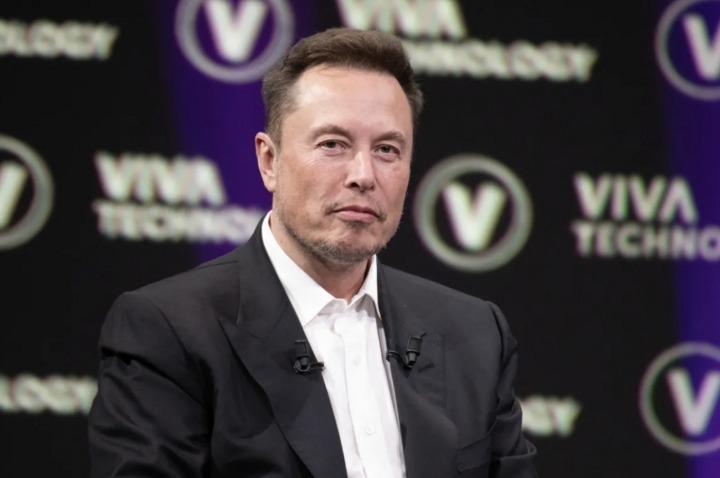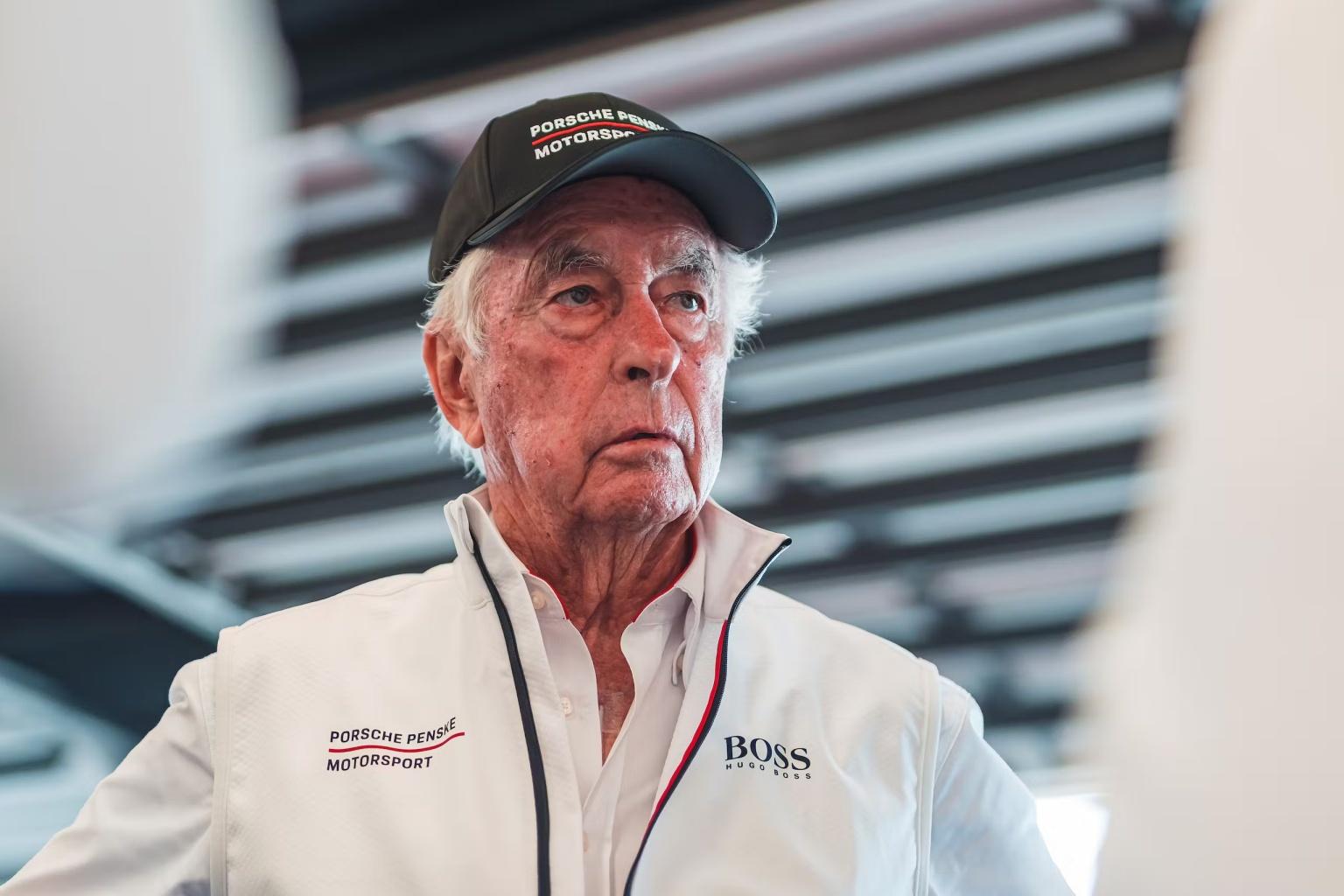Elon Musk Rejects Tesla Sponsorship with Team Penske Amid Indy 500 Scandal
In a dramatic turn of events that has sent shockwaves through the motorsport and business worlds, Elon Musk, the enigmatic CEO of Tesla, has publicly declined to advertise his electric vehicle brand on Team Penske’s jerseys following a cheating scandal at the Indy 500. The decision, which has sparked heated discussions across social media platforms like Facebook, underscores Musk’s unwavering commitment to integrity and brand image, while also highlighting the ripple effects of controversy in high-stakes racing.

The Indy 500, one of the most prestigious events in motorsport, has long been a stage where brands showcase their prowess through sponsorships and partnerships. Team Penske, a powerhouse in the racing world, has historically been a magnet for high-profile sponsors. However, recent allegations of rule violations during the Indy 500 have tarnished the team’s reputation, prompting Musk to take a firm stand. According to sources trending on X, the scandal involved accusations of Team Penske manipulating race data, a move that has drawn ire from fans and competitors alike. While the details remain inconclusive, the controversy has already cost the team a potential partnership with one of the world’s most influential companies.
Musk’s decision to pull Tesla out of the sponsorship deal is not just a business move—it’s a statement. Known for his bold and often polarizing decisions, Musk has built Tesla’s brand on innovation, sustainability, and trust. Aligning with a team embroiled in scandal could undermine the values Tesla represents. “We don’t compromise on our principles,” Musk reportedly stated, emphasizing that Tesla’s mission to accelerate the world’s transition to sustainable energy demands partnerships that reflect the same level of transparency and accountability.

This move has ignited a firestorm of reactions, particularly on platforms like Facebook, where users are quick to share and comment on polarizing news. Supporters of Musk’s decision argue that it reinforces Tesla’s commitment to ethical practices, a trait that resonates with environmentally conscious consumers and Tesla’s loyal fanbase. Others, however, see it as a missed opportunity for Tesla to gain visibility in the motorsport arena, where electric vehicles are increasingly making their mark. The debate has fueled engagement, with posts about the scandal garnering thousands of shares and comments, making it a prime candidate for Facebook’s algorithm to boost due to its high engagement potential.
The Indy 500 scandal itself is a complex issue. Allegations suggest that Team Penske may have exploited loopholes in race regulations, potentially involving unauthorized modifications to their cars’ performance systems. While investigations are ongoing, the uncertainty has already damaged the team’s standing. For Tesla, a company that prides itself on cutting-edge technology and fair competition, associating with such controversy could send the wrong message to its global audience.

Musk’s refusal to partner with Team Penske also reflects a broader trend in corporate sponsorships, where brands are increasingly cautious about their associations. In an era where social media amplifies every decision, companies like Tesla must navigate a delicate balance between visibility and reputation. By opting out of the deal, Musk ensures that Tesla remains a beacon of integrity, even at the cost of a high-profile marketing opportunity.
For fans and followers on Facebook, this story is more than just business news—it’s a narrative of values, competition, and accountability. The emotional weight of the scandal, combined with Musk’s decisive action, makes it a compelling topic for discussion. Posts that include vivid imagery, such as Tesla’s sleek vehicles juxtaposed with Indy 500 race scenes, are likely to capture attention and drive shares. Additionally, framing the story with questions like “Did Elon Musk make the right call?” or “How will this affect Team Penske’s future?” can further boost engagement, as Facebook’s algorithm favors content that sparks conversation.
As the dust settles, the motorsport community is left to ponder the long-term implications. Will Team Penske recover from this blow, or will the scandal cast a lasting shadow? For Tesla, Musk’s decision reinforces its position as a brand that doesn’t bow to pressure, even when the stakes are high. As this story continues to unfold, one thing is certain: it’s a saga that will keep Facebook feeds buzzing for weeks to come.





